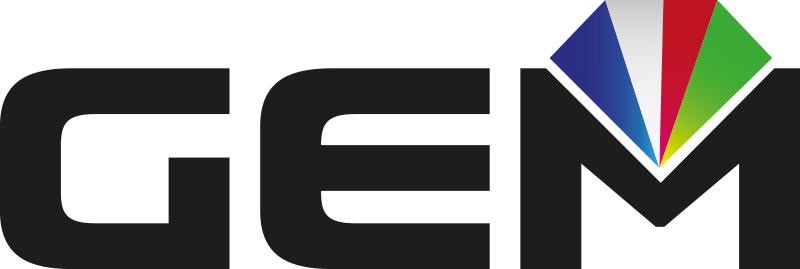The mining industry is faced every day with the resolution of complex problems. In the midst of this situation, Data Analytics arrives to be installed in decision-making processes.
“Today technology generates an enormous amount of data throughout the value chain. When used to its full potential, technology can drive improved productivity and decision-making,” says Ariel Miño, Operations Manager at GEM.
For this reason, today Advanced Analytics is being increasingly required in complex industries, such as mining.
“This industry is already highly developed and there is not much room for improvement by doing ‘business as usual’, so we have to start looking ‘under the table’. Indicates Magdalena Soto, Principal Value Analytics in BHP. The specialist adds that “processes can be automated with machine learning, supporting decision-making with advanced data analysis in operational, tactical and strategic areas.”
For his part, Ariel Miño explains that in the GEM’s Analytics area, “with quality data, the application of any model, predictive algorithm or analysis will be more effective. We can reduce costs while maximizing production, develop good mine plans, better anticipate and manage risks, adequate prioritization of resources for the investment portfolio, and at the same time at those levels, anticipate and react quickly to external events that may be detrimental to the business”.
Capturing the value of Advance Analytics requires a set of skills, such as data science, process control and metallurgy, IT, change management, and building capacity. Likewise, according to Magdalena, “companies must have Data Governance”.
A “Data Governance” will help ensure that data is usable, accessible and protected. It leads the company to better quality data, lower management costs, and greater access to data for all stakeholders.
“Many of the large mining companies are implementing Data Governance. Today these have a lot of data that they cannot take full advantage of”, says Magdalena Soto, “





